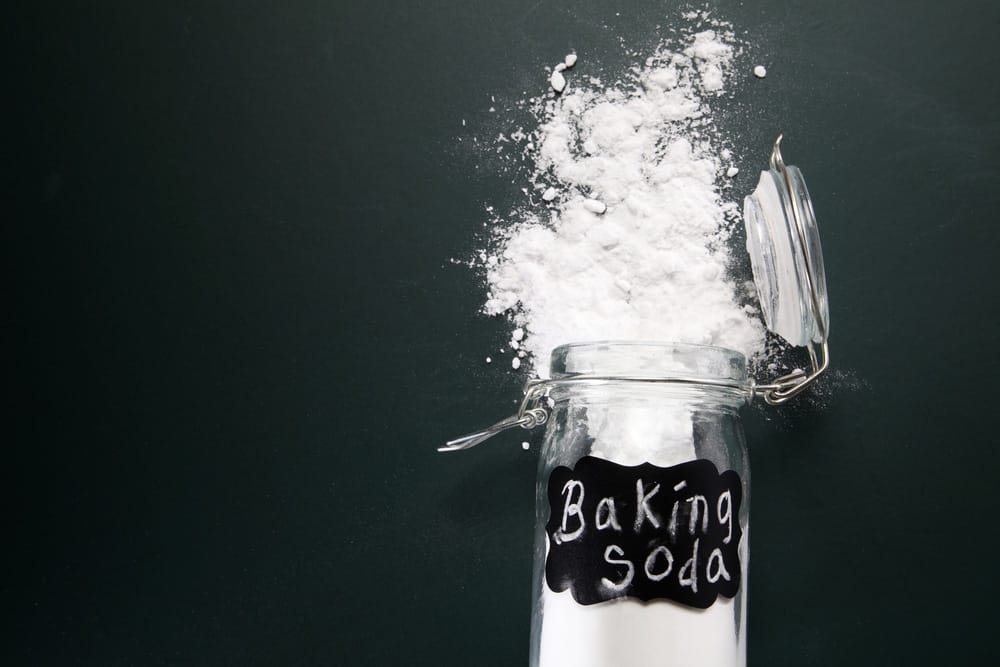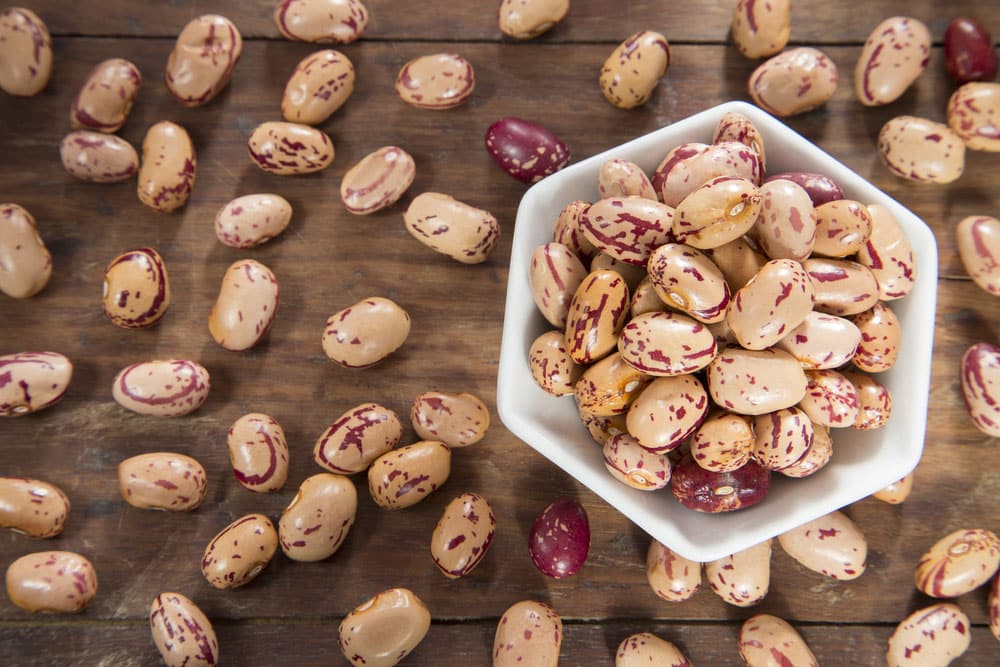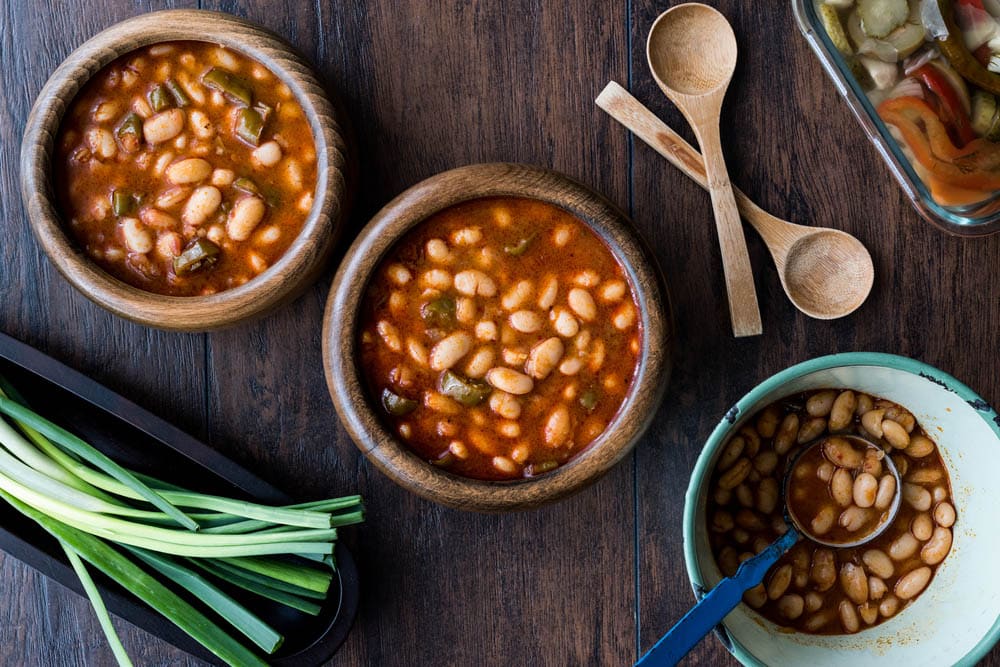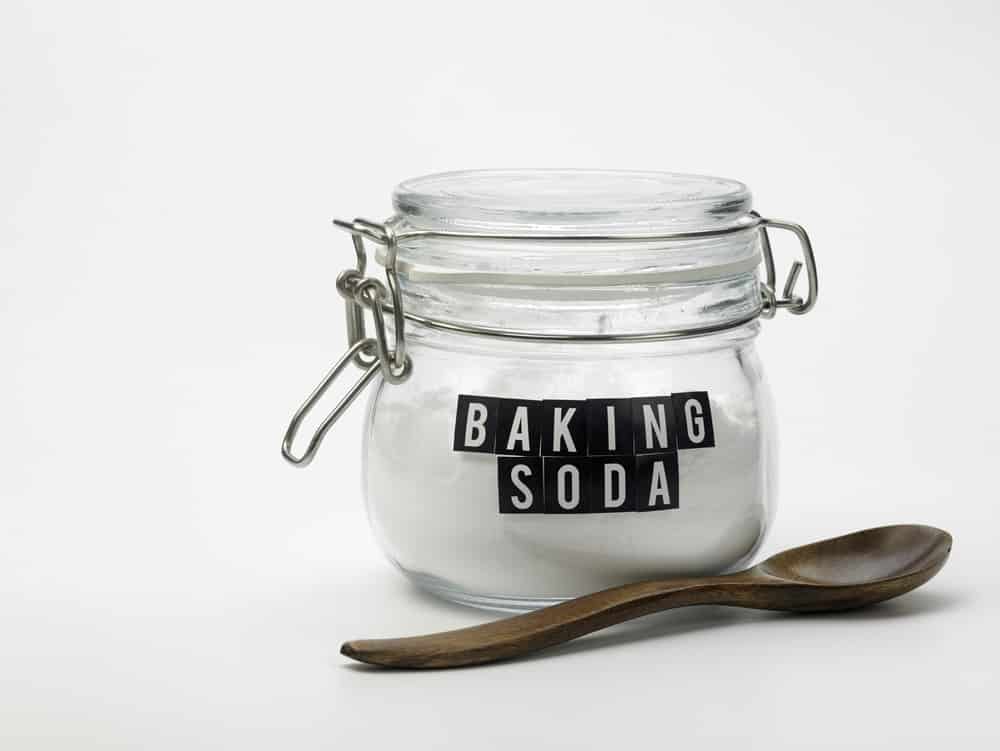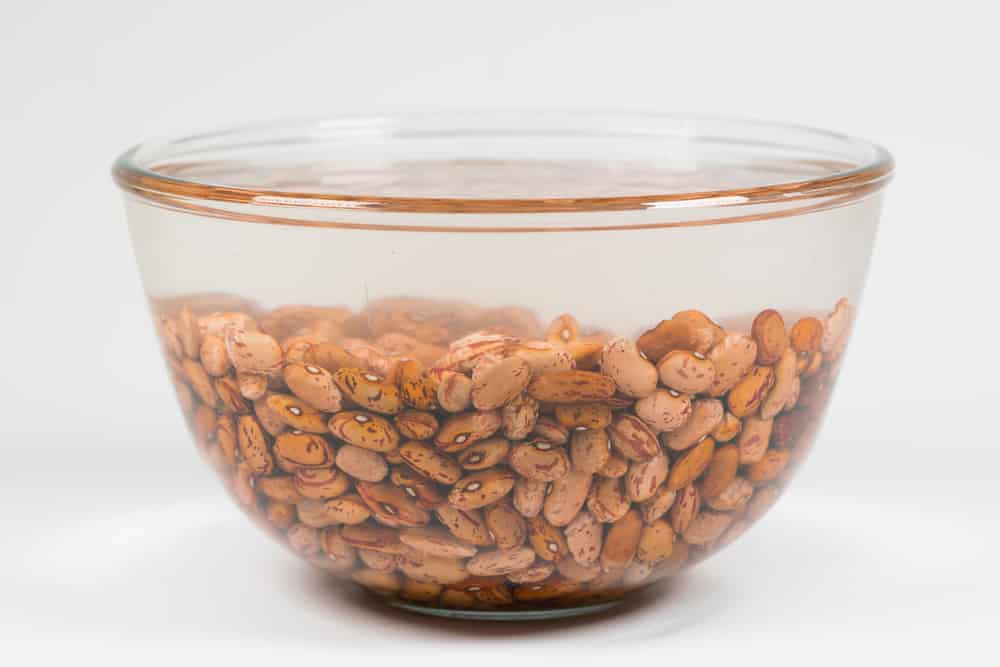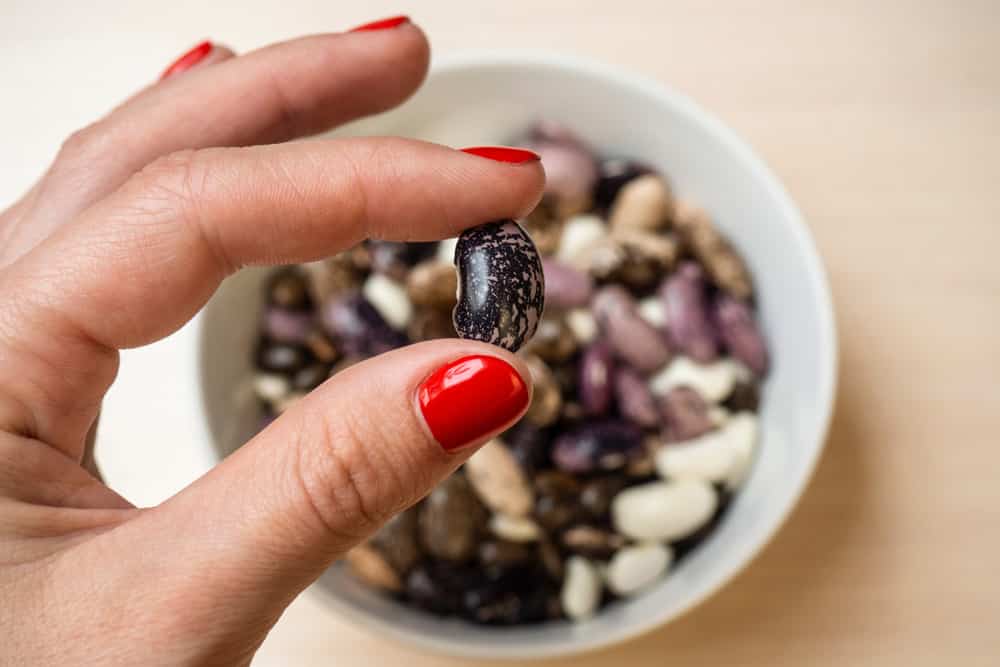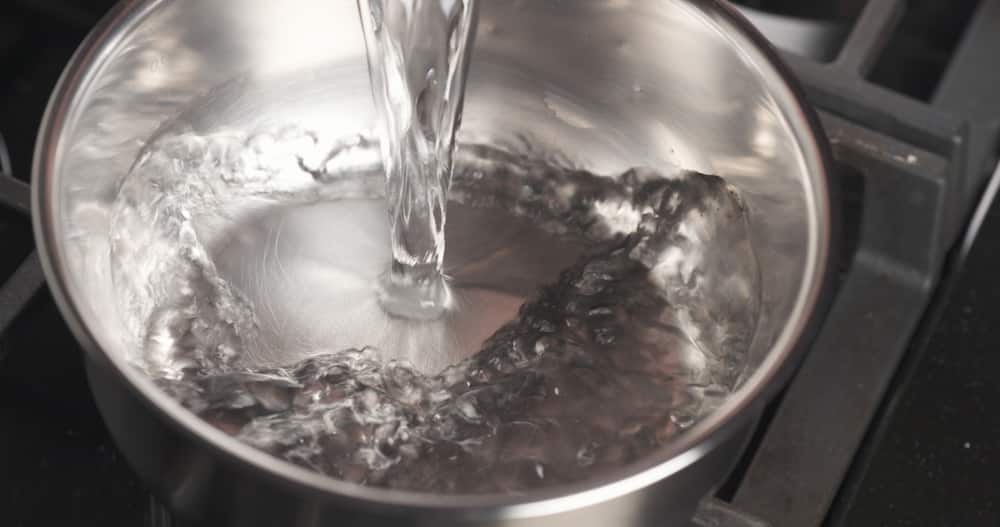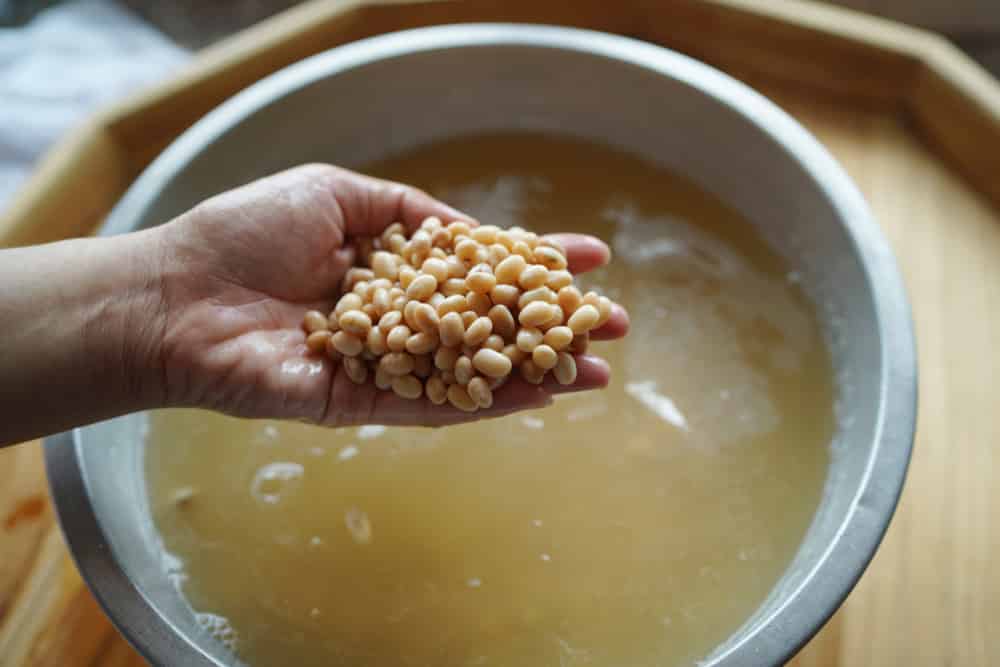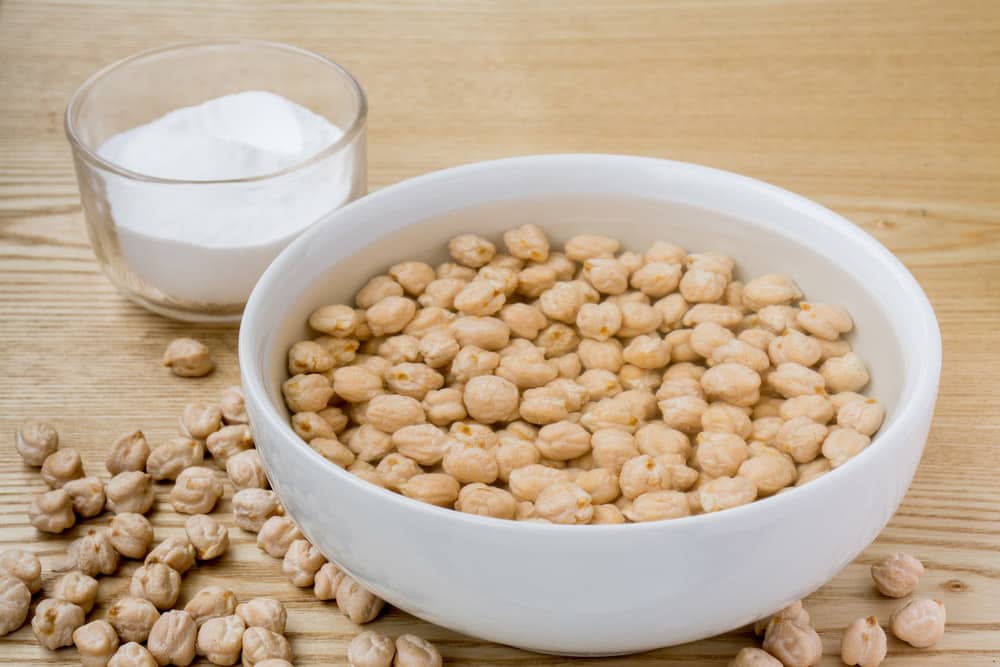
DISCLOSURE: This post may contain affiliate links, meaning when you click the links and make a purchase, I receive a commission. As an Amazon Associate I earn from qualifying purchases.
Dried beans have been a staple for centuries in many cultures. They’re a valuable protein source when meat is scarce. Plus, beans are easy to preserve and store for future use. All you need to do is keep them dry and away from pests or rodents in an airtight container.
Talking of nutrition, beans are jam-packed with nutrients, including minerals, vitamins, fiber, antioxidants, good carbs, and plant protein. But that isn’t all.
A diet rich in beans can help keep your ticker in good shape, curb your raging appetite, reduce cancer risks, and maintain a healthy gut biome. If that doesn’t encourage you to eat more of them, remember that dried beans are sinfully cheap and readily available.
The Struggle of Cooking Dried Beans
Let’s face it; cooking dried beans is no quick walk in the park. It is customary in many parts of the world to soak the beans overnight before cooking them. That can be time-consuming, and inconvenient for most people. That’s where baking soda comes into the picture.
Baking Soda And Dried Beans
[amazon box=”B000PYF8VM”]
Soaking or cooking dried beans with the addition of baking soda is an age-old trick that is supposed to benefit in a few ways. But is there any truth to this old wives’ tale?
Call it the holy grail of the home remedy world, baking soda has been touted as the answer to almost anything, from teeth-cleaning to skincare and everything in between. When it comes to dried beans, baking soda is claimed to offer all sorts of benefits.
Some say it helps the beans become soft and cook faster as well as retain their beautiful color. Others say it gets rid of excess gas associated with eating beans. Still others ad baking soda because they believe it improves the texture of the cooked beans.
This begs the question: Are baking soda and dried beans a match made in heaven? Let’s take a closer look at the enigma of baking soda and dried beans, shall we?
Does Baking Soda Soften Beans and Speed Up Their Cooking?
The simple answer is, yes – soaking dried beans with a little baking soda can indeed tenderize them. The end game here is to make the beans tender or soft enough to cook in the shortest time possible. How does the tenderizing process work?
You see, dried beans typically have a moisture content of around 15-16 percent, but this could be lower depending on the storage conditions. As beans age, however, the moisture inside tends to dissipate, allowing aging chemicals (like pectin) to react and harden the skin.
That’s where baking soda comes in handy. It softens the skin and allows the beans to break down well with cooking. Baking soda is a natural tenderizer.
It acts by increasing the pH (the alkalinity) of the soaking water, as well as removing elements like magnesium and calcium from hard water. Also, baking soda speeds up the disintegration of pectin, allowing the beans to soften faster.
The upside of this is that the beans will cook quicker and more evenly.
Does Baking Soda Make Beans Less Gas-Forming?
Many people avoid eating legumes, saying that they make them bloated and gassy. This is because they contain oligosaccharides – a type of sugar that our bodies struggle a little to digest. They sometimes reach the large intestine without being digested.
This can cause excess gas to be produced. Some of the oligosaccharides are decreased when beans are soaked with baking soda prior to cooking.
So, yes, soaking your dried beans in water to which baking soda has been added will soften them, help them cook faster, and help that bloating you feel after eating them. However…
Using Baking Soda Has a Huge Downside
Modern cooking methods of cooking dried beans and other foods stay away from using baking soda altogether, and with good reason. For starters, soaking and cooking dried beans with baking soda leaves an unsavory, soapy aftertaste and a little slimy mouth-feel.
That’s no good way to eat your otherwise tasty beans. This can be overcome by rinsing. But…
Nutritional Loss
Poor taste aside, using baking soda to tenderize dried beans can also come with a nutritional cost. It destroys several of the nutrients that make beans so rich and nutritious.
Perhaps the most important one is vitamin B1, otherwise known as thiamine, a vitamin that prevents complications in the heart, gut, muscles, brain, and cognitive system.
Severe lack of thiamin can cause beriberi, a cardiovascular condition that’s characterized by shortness of breath, leg swelling, and a fast heartbeat.
Digestion Problems
Baking soda is also bad news for your gut health. It not only interferes with the natural pH of the stomach but also harms vital enzymes like pepsin.
Pepsin is a crucial digestive enzyme that helps break down proteins into peptides, which then can be easily absorbed into the bloodstream. If you add a bit too much baking soda to your beans, you’ll definitely have stomach issues.
In fact, you’ll probably experience much worse gas than just eating plain beans!
What’s the Best Alternative for Baking Soda?
Start off by avoiding the use of hard water for bean soaking and cooking. If you can’t seem to get the dried beans to soak and soften enough in time for cooking, the chances are good that you are using hard water.
This is water that contains a lot of minerals like magnesium and calcium (remember this is what the baking soda removes). When you bring hard water to a boil, these minerals precipitate into gray spots or chalky white deposits.
The harder your water, the more difficult it will be to soften or cook your dried beans. That’s why you should avoid adding calcium-heavy ingredients like molasses to your beans as well.
The trick is to use purified bottled water that has been stripped of minerals like calcium and magnesium. Use the soft water to both soak and cook the dried beans, and the whole process will become effortlessly easy.
Boil-Freeze-Thaw Method
This is another technique that works like a charm when it comes to soaking and cooking dried beans without the use of baking soda. The science behind this method is straightforward.
Freezing the slightly soaked/cooked beans breaks down the structure and walls of the cell, making them soft and mushy.
The entire procedure is easy:
- Combine water and dried beans in the ratio of 10 cups of water per 1 lb of beans
- You can either soak them overnight or use the quick soak technique. This involves boiling the dried beans and water for about 2 min, covering, and then soaking for about 1hr.
- Cook/simmer the soaked beans between 45 mins and 2 hours depending on the variety and length of soaking time.
- Let the beans cool off before freezing. You can speed up the cooling by pouring over or rinsing the hot beans with cold water.
- Thaw the frozen beans whenever you want to use them. Use them by adding them to your dish and cooking further until they soften completely.
The bottom line then is that we don’t think it’s worth it to add baking soda to your beans. After all, it’s not very difficult to quickly fill a pot of water, throw in some beans, and leave them on the kitchen counter to soak overnight. If you’re in a hurry, you could always use canned beans…
